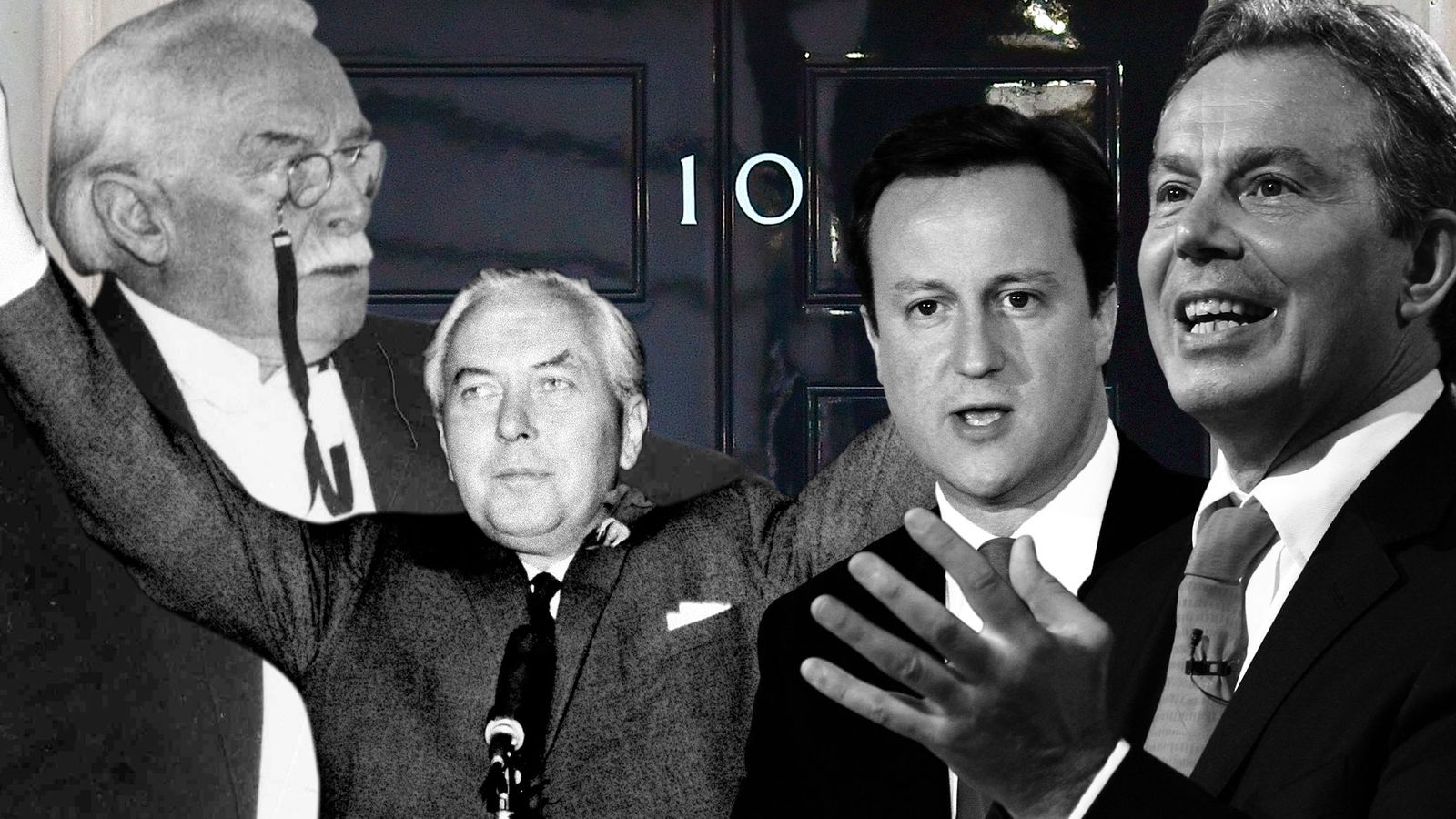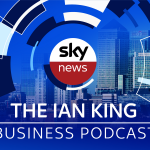David Cameron is facing scrutiny from the media and, it has been reported, the Committee on Standards in Public Life, over his links to Greensill Capital, the fallen speciality finance company.
The Financial Times says the committee has been asked to look into how Lex Greensill, the company’s founder, was given a desk and a pass inside the Cabinet Office when Mr Cameron was prime minister.
The paper also says the committee will look at how Mr Cameron lobbied Rishi Sunak, the chancellor, to increase Greensill’s access to government-backed emergency COVID-19 loan schemes.
Mr Cameron was hired as an adviser to Greensill in 2018 and could have received shares worth $70m in the company if it had, as planned, floated on the stock market.
He can argue, reasonably, that, before it went into administration earlier this month, Greensill was one of the world’s most talked-about finance businesses and had attracted a glittering line-up of investors.
Mr Cameron can also console himself that he is far from being the first prime minister to have had questions raised about his relationship with businesses.
It is commonplace for former PMs to hit the lecture circuit, where they can easily command six-figure fees for delivering speeches, albeit not of the same magnitude of those charged by former US presidents. Many, though, have sought to carve out careers in business once they have left Downing Street.
The trend has become more established as former PMs have become younger. Once, they tended to be elevated to the House Of Lords, although some – notably Edward Heath – remained sitting MPs for many years.
Mr Cameron, however, was only 49 when he left office and had many years of working life ahead of him.
Having watched former colleagues such as George Osborne enrich themselves in the private sector, not to mention his coalition partner Sir Nick Clegg, his desire to do so himself was perhaps understandable.
The template for modern PMs in this regard was Tony Blair who, on leaving office at the age of just 54, set up a consultancy business that has reportedly netted him tens of millions of pounds.
His clients have included the Wall Street banking giant JP Morgan, the insurer and fund manager Zurich Financial Services and Mubadala, the sovereign wealth fund of Abu Dhabi, as well as governments including Kazakhstan, Kuwait and the United Arab Emirates. It is fair to say that some of these consultancies have attracted controversy.
Mr Blair’s successor, Gordon Brown, was a less obviously commercial beast but has nonetheless become an adviser to Pimco, one of the world’s biggest asset managers and Partners Group, the Swiss private equity firm. The other former PM so far this century, Theresa May, has remained in the House of Commons.
Slightly further back, Sir John Major carved out a lucrative post-prime ministerial career, becoming a senior adviser to the investment bank Credit Suisse First Boston and chairman in Europe of the US private equity giant Carlyle Group. Sir John, who worked in the City for Standard Chartered before becoming an MP, also became chairman of the European advisory board at the US utility giant Emerson Electric.
Yet Sir John also had another business relationship that he could be forgiven for seeking to exorcise from his CV. In January 2000, he joined the board of Mayflower Corporation, at the time a highly-respected engineering company that at one point also made six in 10 of the buses on Britain’s roads.
Unfortunately for Sir John, his arrival on the Mayflower board more or less coincided with a peak in its share price, which subsequently tanked following a string of profits warnings. Sir John stepped down from the board in April 2003, citing pressure from all of his other commitments, so was not around when, the following March, Mayflower – whose troubles began when it over-paid for the chassis-maker Dennis Group – tumbled into administration. If anything, Sir John showed a deft sense of timing.
Sir John’s predecessor, Margaret Thatcher, remains one of the most fondly-remembered PMs among business leaders. Ironically though, she sought relatively few business roles on leaving office, preferring to continue to make speeches in the House of Lords and write books. She became an adviser to Tiger Management, the most admired hedge fund manager of the day, but more controversial was her decision in 1992 to became a consultant to Philip Morris, then a consumer goods conglomerate whose brands included Suchard chocolate, Dairylea cheese, Miller lager and Marlboro cigarettes.
Mrs Thatcher, a non-smoker whose term in office had seen heavy increase in tobacco duty and several anti-smoking drives, gave up the role in 1998 but not before it earned her a fair degree of criticism.
Arguably the PM with the most controversial links with business during the last 50 years was Harold Wilson. The four-time election winner’s name has been tarnished by close ties with a number of business people of dubious repute. They included Joe Kagan, the manufacturer of Mr Wilson’s favoured Gannex overcoats, awarded a peerage by the former PM and later jailed for fraud. There was the property magnate Eric Miller, a generous donor to Mr Wilson’s private office, who was knighted in the latter’s notorious resignation honours list. He killed himself while under investigation by the Department of Trade and the Fraud Squad for siphoning money from the company he chaired.
And there was Desmond Brayley, knighted by Mr Wilson, who parlayed a successful career in manufacturing glass bottles into a seat in the house of Lords and role as business minister in the latter’s 1974 government. He had earlier lent Mr Wilson his Mayfair penthouse after his defeat in the 1970 general election.
Joe Haines, Mr Wilson’s press secretary, later recalled: “He [Wilson] gave a peerage to Sir Desmond Brayley, inarticulate and near illiterate, after he handed over a package of, presumably, used notes from which my own salary was paid for some months.”
Brayley died while awaiting trial for fraud at the Old Bailey.
At the time, Wilson’s infamous ‘Lavender List’ of resignation honours in 1976 recalled David Lloyd George, whose reputation to this day remains tarnished by the selling of peerages and honours that led to an Act of Parliament in 1925 banning the practice. Among those who benefited was the Scotch whisky magnate Jimmy Buchanan, who even signed his cheque – to ‘The Lloyd George political fund’ with his preferred title, Baron Woolavington.
So there is nothing new about prime ministers being embarrassed by their ties with business.
Indeed, by the standards of some his predecessors, Mr Cameron’s involvement with Greensill – and it must be stressed that there is absolutely no evidence or suggestion of wrongdoing by either him or the company – is small beer.






















